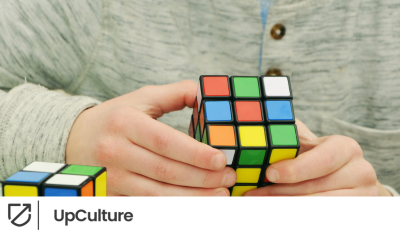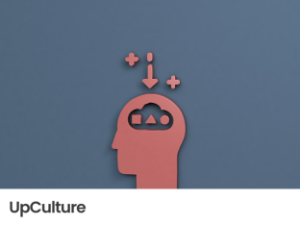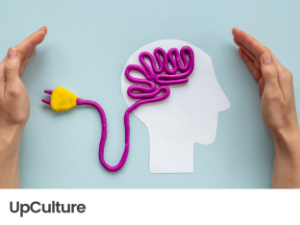Adult Learning - Physical Skills
- Description
- FAQ

About This Course:
Bloom’s Taxonomy extends beyond intellectual growth to encompass the domain of physical skills, making it a vital framework for adult education. This workshop focuses on the psychomotor domain, which relates to action, movement, and physical coordination, enabling educators and trainers to design effective programs for skill development and mastery.
Bloom’s Taxonomy isn’t just for classroom educators—it’s also a critical tool for adult education and skill development. The psychomotor domain, one of the taxonomy’s three pillars, emphasizes physical coordination and action-based learning. This domain often works in tandem with the cognitive and affective domains to ensure holistic development.
The Adult Learning: Physical Skills workshop equips participants with strategies to design and implement training programs that enhance learners’ ability to perform and master physical skills. Whether it’s technical training, creative arts, or practical hands-on applications, this course helps participants bridge knowledge and action to achieve meaningful results.
Course Objectives:
- Understand the structure and principles of Bloom’s Taxonomy.
- Explain the role and importance of the psychomotor domain in adult learning.
- Explore various psychomotor taxonomies and their applications.
- Identify strategies to implement training within the psychomotor domain.
- Recognize and develop psychomotor activities to enhance learning outcomes.
Audience:
This course is suitable for:
- Educators involved in skill-based training, such as technical, vocational, or artistic instruction.
- Trainers designing hands-on workshops or physical skills programs.
- Corporate training professionals seeking to improve employee performance in task-oriented roles.
- Instructional designers creating content for practical, action-based learning.
- Anyone seeking to enhance their ability to teach and evaluate physical skills.
Prerequisites:
There are no prerequisites for this course. Participants of all experience levels are welcome.
Course Outline:
- Bloom’s Taxonomy
- Observation
- Imitation
- Manipulation
- Precision
- Articulation
- Naturalization
- Versions of Psychomotor Domain
- Psychomotor Measurements
- Skills to Consider When Planning












